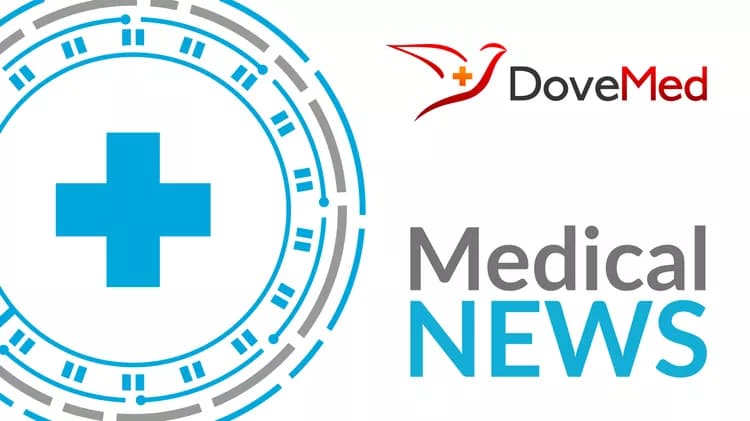
New Clues To How Muscle Wasting Occurs In People With Cancer
Muscle wasting, or the loss of muscle tissue, is a common problem for people with cancer, but the precise mechanisms have long eluded doctors and scientists. Now, a new study led by Penn State researchers gives new clues to how muscle wasting happens on a cellular level.Using a mouse model of ovarian cancer, the researchers found that cancer progression led to fewer skeletal muscle ribosomes -- particles in the cell that make proteins. Because muscle mass is mainly determined by protein synthesis, having less ribosomes likely explains why muscles waste away in cancer.
Gustavo Nader, associate professor of kinesiology and physiology at Penn State, said the findings suggest a mechanism for muscle wasting that could be relevant not just for people with cancer, but other conditions as well.
"Loss of muscle mass is also associated with the aging process, malnutrition, and people with COVID-19 and HIV-AIDS, among others," Nader said. "Not only is muscle wasting a common problem, but there's currently no cure or treatment, either. But now that we understand the mechanism better, we can move forward with trying to find ways to reverse that mechanism."
According to the researchers, significant muscle wasting -- or "cachexia" -- occurs in about 80% of people with cancer and is responsible for about 30% of cancer deaths. It's also associated with a reduced quality of life, problems tolerating chemotherapy and lower survival rates. According to Nader, "cachexia is often the killer, not the tumor."
Nader said that because there is no current cure or treatment for cachexia, it is vital for scientists to understand precisely how and why it happens. But while there has been a lot of research trying to understand and prevent the mechanism that causes muscles to waste, Nader and his team wanted to tackle the problem from a new angle.
"Most of the focus has been on protein degradation, where people have tried to block proteins from being chopped up, or degraded, in order to prevent the loss of muscle mass," Nader said. "But many of those efforts have failed, and one reason may be because people forgot about the protein synthesis aspect of it, which is the process of creating new proteins. That's what we tackled in this study."
For the study, the team used a pre-clinical mouse model of ovarian cancer with significant muscle loss. By using mice, the researchers were able to study the progression of cancer cachexia over time which would be difficult to do with human patients.
After analyzing their results, the researchers found that mice with tumors experienced a rapid loss of muscle mass and a dramatic reduction in the ability to synthesize new proteins, which can be explained by a drop in the amount of ribosomes in their muscles.
"So we cracked the first layer of this problem, because we showed that there are less ribosomes and less protein synthesis," Nader said.
Then, the researchers set out to explain why the number of ribosomes was decreased. After examining the ribosomal genes, they found that once a tumor was present, the expression of the ribosomal genes started to decrease until it reached a level that made it impossible for the muscles to produce enough ribosomes to maintain enough protein synthesis to prevent muscle loss.
Nader said that while more research is needed, he hopes the findings -- recently published in the Federation of American Societies for Experimental Biology Journal -- can eventually contribute to prevent people from losing muscle mass and function.
"If we can better understand how muscles make ribosomes, we will be able to find new treatments to both stimulate muscle growth and prevent muscle wasting," Nader said. "This is especially important considering that current approaches to block tumor progression target the ribosomal production machinery, and because these drugs are given systemically, they will likely affect all tissues in the body and will also impair muscle building."
The National Institutes of Health helped support this research.
Related Articles
Test Your Knowledge
Asked by users
Related Centers
Related Specialties
Related Physicians
Related Procedures
Related Resources
Join DoveHubs
and connect with fellow professionals

0 Comments
Please log in to post a comment.